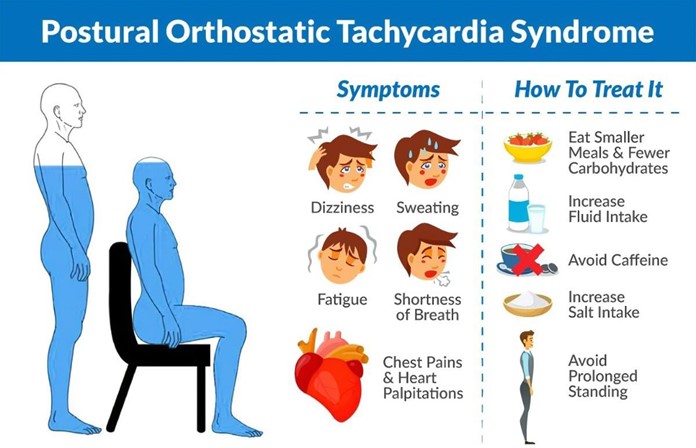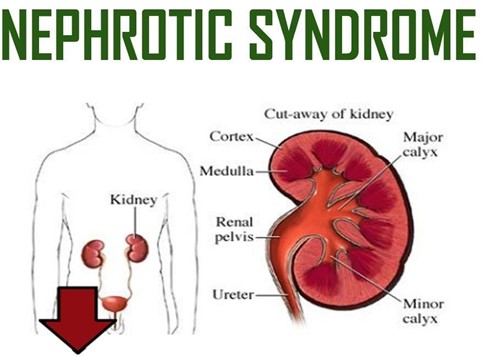To help prevent by a dissatisfied client, which objective is most important to include in the orientation classes for staff nurses? New nursing staff members will
demonstrate how to complete an adverse occurrence or variance report.
discuss how to handle complaints from clients and/or their families.
describe how to obtain legal services if needed.
maintain personal malpractice insurance.
The Correct Answer is B
Choice A Reason: Demonstrating how to complete an adverse occurrence or variance report is important, but not the most important objective. This report is a tool for quality improvement and risk management, but it does not prevent litigation by itself. The nurse should also communicate effectively with the client and/or their family, and document the incident and the actions taken.
Choice B Reason: Discussing how to handle complaints from clients and/or their families is the most important objective, as it can help prevent or resolve conflicts, and avoid escalation to legal action. The nurse should listen empathetically, acknowledge the client's feelings and concerns, apologize if appropriate, explain the situation and the plan of care, and involve the supervisor or other resources if needed.
Choice C Reason: Describing how to obtain legal services if needed is relevant, but not the most important objective.
This objective implies that litigation is inevitable or expected, which may create a negative or defensive attitude in the staff nurses. The nurse should focus on preventing litigation by providing safe and quality care and building trust and rapport with the clients and/or their families.
Choice D Reason: Maintaining personal malpractice insurance is advisable, but not the most important objective. This objective may protect the nurse's personal assets in case of a lawsuit, but it does not prevent litigation from occurring. The nurse should follow the standards of practice and the policies and procedures of the organization, and document accurately and thoroughly.
Nursing Test Bank
Naxlex Comprehensive Predictor Exams
Related Questions
Correct Answer is A
Explanation
Choice A reason: This client has signs of dehydration and fluid volume deficit, which can lead to shock, a life-threatening condition that occurs when the body's organs are not receiving enough blood flow. The nurse should monitor the client's vital signs, urine output, skin color, and level of consciousness, and report any changes to the physician.
Choice B reason: Initiating enteric precaution procedures is important to prevent the spread of infection, as vomiting and diarrhea may be caused by a contagious pathogen. However, this is not the most important action for the nurse to implement, as it does not address the client's immediate risk of shock.
Choice C reason: Reducing light, noise and temperature may help the client feel more comfortable and reduce nausea, but it is not the most important action for the nurse to implement, as it does not address the client's fluid volume deficit and potential shock.
Choice D reason: Encouraging electrolyte supplements may help replenish the electrolytes lost through vomiting and diarrhea, but it is not the most important action for the nurse to implement, as it may not be enough to restore the fluid balance and prevent shock. The client may need intravenous fluids and medications to correct the dehydration and hypotension.

Correct Answer is D
Explanation
Choice A Reason: A subtotal thyroidectomy is a major surgery that involves the removal of part of the thyroid gland. The client may have complications such as bleeding, infection, hypocalcemia, or vocal cord damage. The client also needs close monitoring of vital signs, blood transfusion, and airway patency. This client is not stable enough to be transferred to a general unit.
Choice B Reason: A combined partial and full-thickness burn is a serious injury that involves damage to the epidermis, dermis, and underlying tissues. The client may have complications such as infection, fluid loss, hypovolemia, shock, or respiratory distress. The client also needs wound care, pain management, fluid replacement, and oxygen therapy. This client is not stable enough to be transferred to a general unit.
Choice C Reason: A renal transplant is a major surgery that involves the replacement of a diseased kidney with a healthy one from a donor. The client may have complications such as rejection, infection, bleeding, thrombosis, or urinary obstruction. The client also needs immunosuppressive therapy, anti-infective therapy, fluid and electrolyte balance, and pain management. This client is not stable enough to be transferred to a general unit.
Choice D Reason: Nephrotic syndrome is a kidney disorder that causes excessive protein loss in the urine, leading to low serum protein levels and edema. The client may have complications such as infection, thromboembolism, or malnutrition. The client needs diuretic therapy, protein replacement, dietary modification, and infection prevention. This client is relatively stable and can be transferred to a general unit.

Whether you are a student looking to ace your exams or a practicing nurse seeking to enhance your expertise , our nursing education contents will empower you with the confidence and competence to make a difference in the lives of patients and become a respected leader in the healthcare field.
Visit Naxlex, invest in your future and unlock endless possibilities with our unparalleled nursing education contents today
Report Wrong Answer on the Current Question
Do you disagree with the answer? If yes, what is your expected answer? Explain.
Kindly be descriptive with the issue you are facing.
